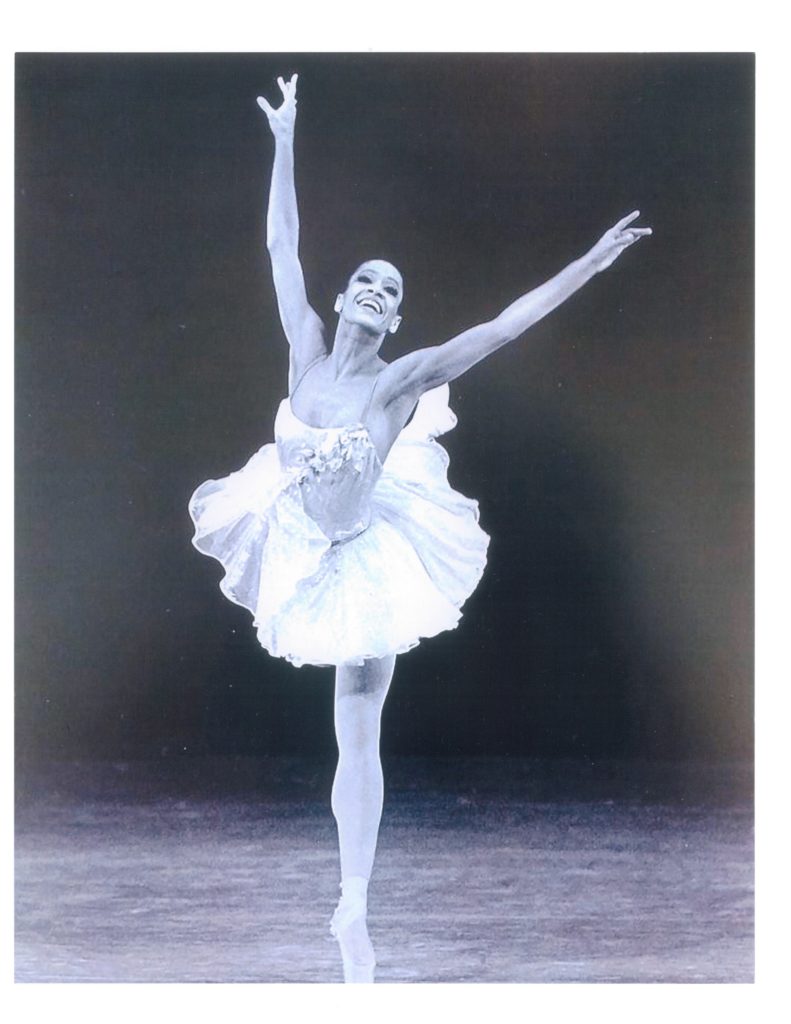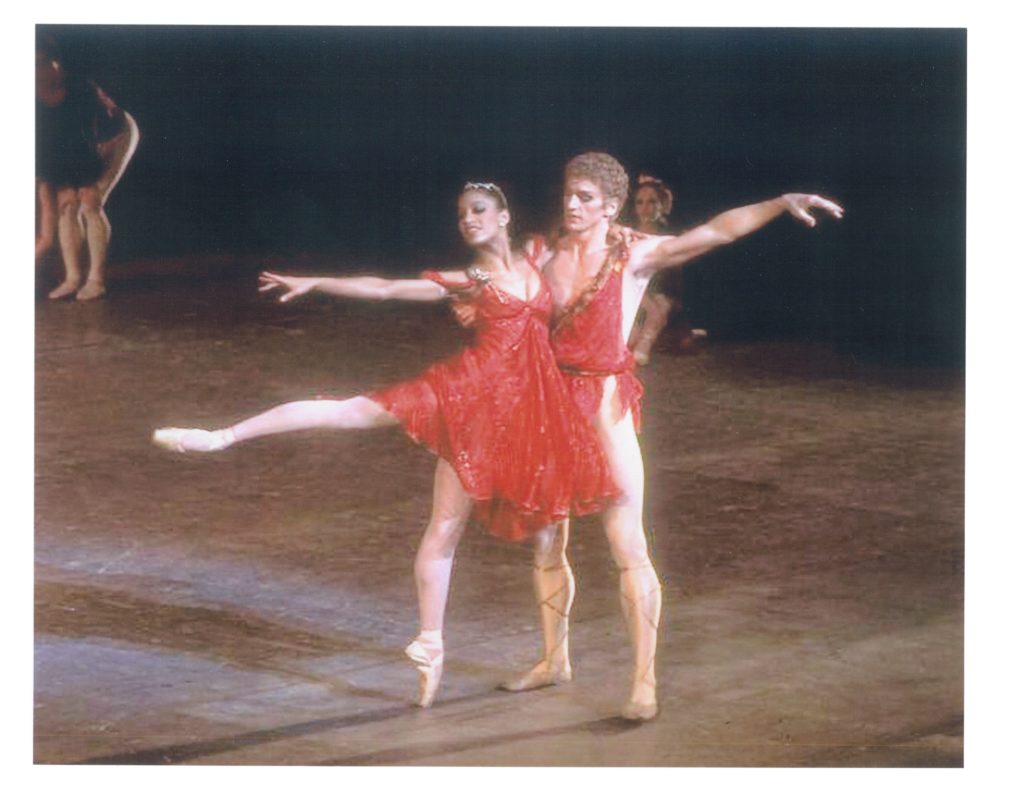American Ballet Legend Debra Austin in Residence at TCU
As TCU’s School for Classical & Contemporary Dance prepares to celebrate its 70th anniversary, the faculty and staff welcome ballet legend Debra Austin as the Cecil H. and Ida Green Honors Chair for an unprecedented five-day intensive residency April 14-18.
 Ms. Austin was handpicked at the age of 16 by the father of American ballet, George Balanchine, to become the first African American principal ballerina in a major company. Renown for her ability to soar, she truly exemplified New York City Ballet co-founder’s famous notion, “The domain of the ballet dancer is not earth but air.”
Ms. Austin was handpicked at the age of 16 by the father of American ballet, George Balanchine, to become the first African American principal ballerina in a major company. Renown for her ability to soar, she truly exemplified New York City Ballet co-founder’s famous notion, “The domain of the ballet dancer is not earth but air.”
Following an extensive career performing around the world, Ms. Austin was the founding ballet master of Carolina Ballet alongside another former Balanchine principal dancer, Robert Weiss. She also teaches dancers at Duke University and a number of other companies, including Dance Theatre of Harlem, where she first crossed paths with Keith Saunders. A recent addition to the faculty, Saunders’ own dance career began as a college freshman when he took a Harvard dance elective; dropping out at year’s end, he explains, “I’ve been dancing ever since, started taking jazz and modern and eventually ballet.” His pursuits landed him with the revolutionary company in Harlem, where he would spend most of his 40-year career. Co-founded by long-time Balanchine collaborator, Arthur Mitchell, in direct response to the assassination of Martin Luther King. Sunday, April 14th, Saunders will moderate a special Q&A, Conversations on Dance with Debra Austin, which will be open to the public.
When Saunders evaluates dancers, he looks for a combination of physicality, curiosity and personal investment. He explains the importance of keeping the legacy of American ballet vital for their students, “Debra brings a wealth of knowledge to the table as a dancer and ballet master, which will present our students with an excellent opportunity to gather insights for shaping their careers.” In addition to choreography and composition classes, dancers enrolled in SCCD can either focus on Ballet, Modern or both, known as “Bamo”, and Ms. Austin will work with them all over the course of her week in Fort Worth. This is integral, because, as Saunders points out, “Ballet is still taught by hand, as it were, physically passing on the lessons from previous generations. Regardless of various technological modalities, the work is still done in the studio.”

George Balanchine, the co-founder of both the School of American Ballet and the New York City Ballet, passed away over 35 years ago, but his fundamental imprint is carried with those dancers who worked with him. Ms. Austin’s local teacher in the Riverdale section of the Bronx recommended the Dean of the School for American Ballet take a look at her when she was 12. Four years later, Balanchine called her up to the company, as she recalls, “He would pop in to watch the younger girls dance. My class had more than twenty and he only selected a couple of us before telling the other dancers to look for work elsewhere because he did not want them. Though he was scary to me at first, he was very patient and had great artistry. To be in a studio with him while he created was just magical.”
Preceding Conversations on Dance, Ms. Austin will lead an Advanced/Intermediate Ballet Class for area ballet students. One of the missions of the Green Honors Chair is to invite distinguished guests in their fields, not only to work with the program that hosts them but for the campus as well as the community at large. Her extraordinary groundbreaking story will inspire new generations of Ballerinas and dance enthusiasts, who will learn more about the impact ballet has had on her life. SCCD recently completed their Spring Concert and seniors will soon showcase their Capstone pieces. To register for either of the events open to the public, find more information at the website for the School for Classical & Contemporary Dance https://finearts.tcu.edu/dance/.


 Sign in
Sign in

